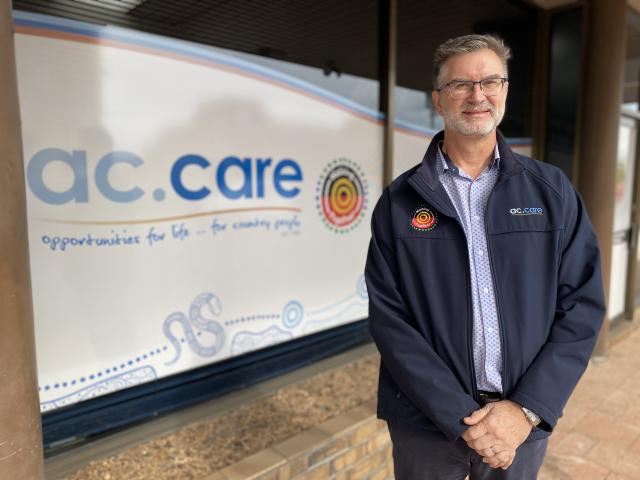ac.care still needed

Digital Edition
Subscribe
Get an all ACCESS PASS to the News and your Digital Edition with an online subscription
Naracoorte dominate Federals for big win
NARACOORTE 14 D FEDERALS 1
NARACOORTE Division 2 secured a commanding 14-1 victory over Federals on Saturday, powered by a decisive nine-run rally in...







